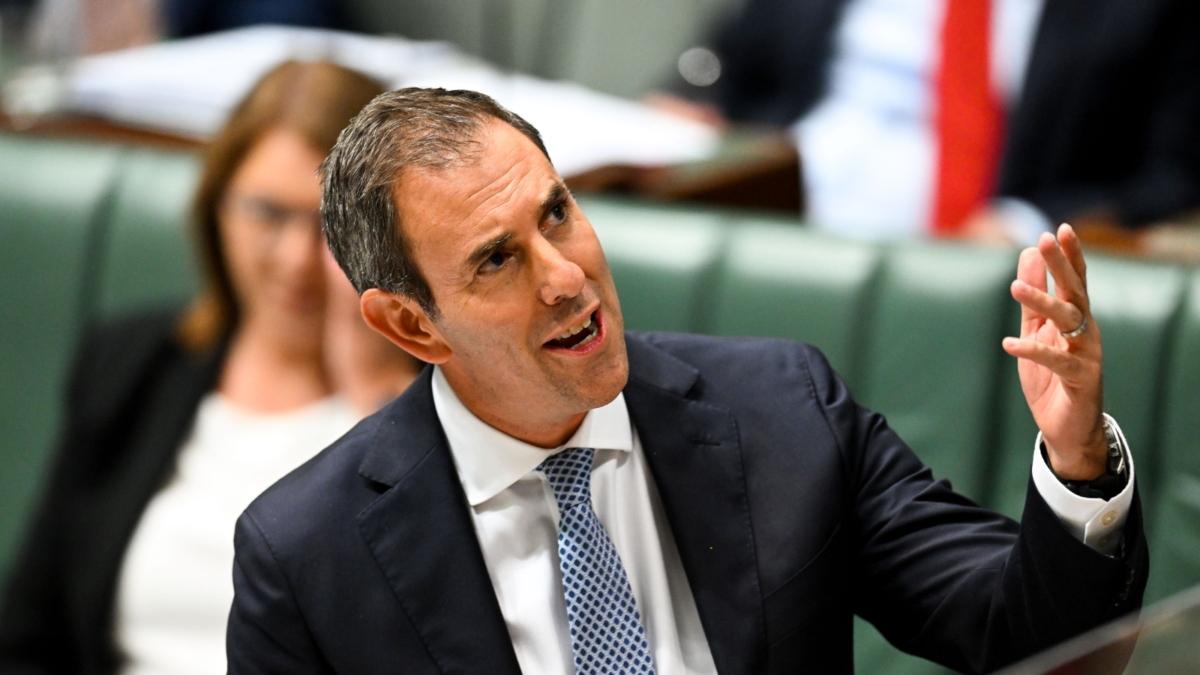Liquidity blues despite cash splash – Amundi
Central bank largesse lubricated the relatively squeak-free ride of the global asset management industry through the COVID-19 crisis to date, but liquidity risks remain high, according to a new Amundi Asset Management report.
In a ‘blue paper’ published last week, Amundi says only 117 out of the 35,000 funds sold in Europe froze redemptions since the onset of the global pandemic.
However, the study says the apparent “resilience among investment funds has been conditional on unprecedented CB [central bank] support”.
“According to calculations by rating agency Fitch, CBs have stumped up a total of [US]$93.8bn globally to support investment funds since the start of the crisis,” the Amundi paper says. “As the Covid-19 crisis drags on and some corporates are downgraded or go bust for a variety of reasons (eg, inability to service their debt, reduced business opportunities), asset managers could experience further hits to their portfolios and see a possible new wave of redemptions.
“With liquidity below pre-crisis levels and challenging in some market areas, there is the risk that some assets become hard to valuate, possibly triggering further fund suspensions.”
The paper says asset managers need to establish strong liquidity measures and oversight at both product and group levels as potentially destabilising forces continue to buffet the global economy.
Managers should also conduct “granular stress testing to exploit entry points and avoid a liquidity trap in case of a deteriorating economic outlook”.
“This could allow asset managers to fulfill their fiduciary duty and stand ready to meet all redemptions even amid stressed market conditions and remain focused on keeping the portfolio’s structure unchanged in the interests of the remaining investors,” the report says.
While central bank magic money has flooded financial markets in the wake of the COVID disruption, “dislocations remain”, the Amundi paper says, with overall liquidity conditions “now thinner and more expensive than it was before the outbreak”.
“As a result, liquidity remains vulnerable to market movements and to idiosyncratic news that could cause it to dry up quickly, especially in EM [emerging markets],” the study says.
Among a long list of potential liquidity-draining catalysts, the report highlights threats from a coronavirus ‘second wave’, geopolitical risks and “idiosyncratic stories” emanating from emerging markets.
Other possible trigger events include an increase in corporate defaults, speculative buyers locking-in profits and a reversion to the mean for highly valued tech stocks.
Furthermore, even a slight slowdown in monetary stimulus or return of inflation fears could chill markets.
“A marginal shift in market expectations would play as a sort of taper tantrum in markets washed by liquidity and would increase market volatility and dislocations,” the Amundi paper says.
The report also notes that exchange-traded funds (ETFs) proved their worth as an important source of liquidity management during the recent crisis as trading volumes spiked up to three-times above 2019 average levels.
“ETFs acted as a shock absorber, offering a liquidity buffer and allowing for flexible risk management,” the paper says. “This was particularly relevant in the fixed income space, where investors could sell credit ETFs — including HY ones — when trades in some of the cash bonds were hard or even impossible to execute.”
Compared to pre-COVID times, the study says liquidity conditions now are worse in currency markets with “some challenges” in emerging market bonds and high-yield credit. Meanwhile, equities, sovereign bond and investment grade credit markets remain in good liquid form.
“Liquidity remains vulnerable to market movements and to idiosyncratic news that could cause it to dry up quickly. For investors, it is important to have access to multiple sources of liquidity,” the study concludes. “In this respect, large international players with global trading organisations may ensure the best mix of connectivity to liquidity venues and relationships with counterparties.”
The blue paper was authored by a panel of Amundi experts including head of investment insights unit, Claudia Bertino.
Amundi, the largest European asset manager with about US$1.8 trillion under management, maintains an Australian outpost servicing institutional and wholesale investors in the region.
– Investment News NZ










